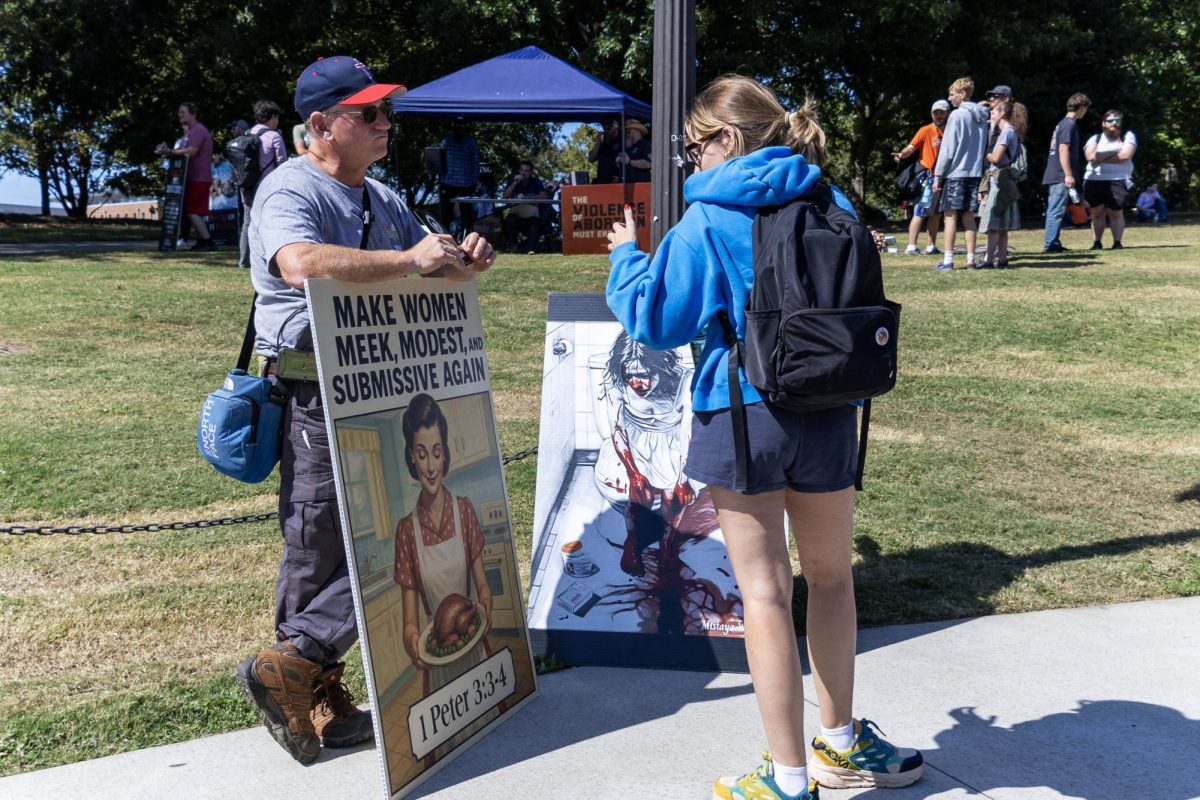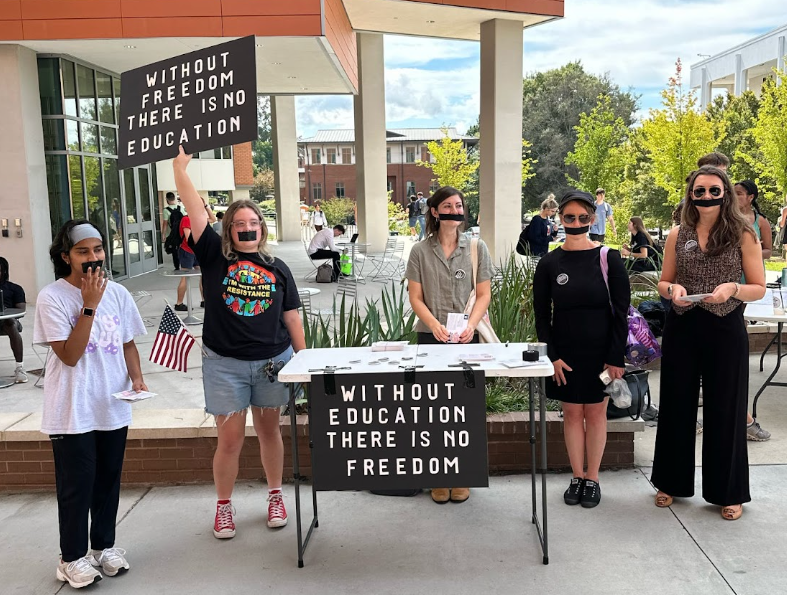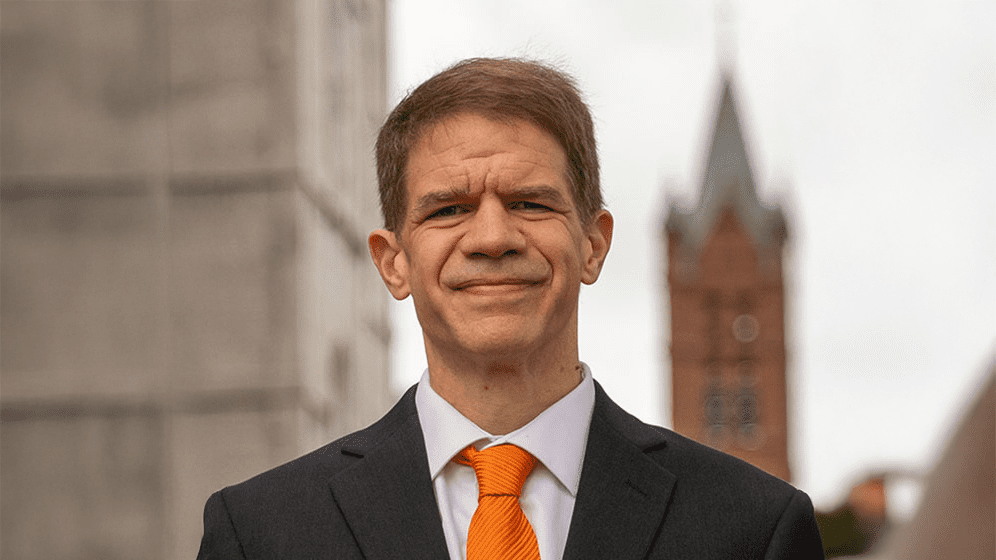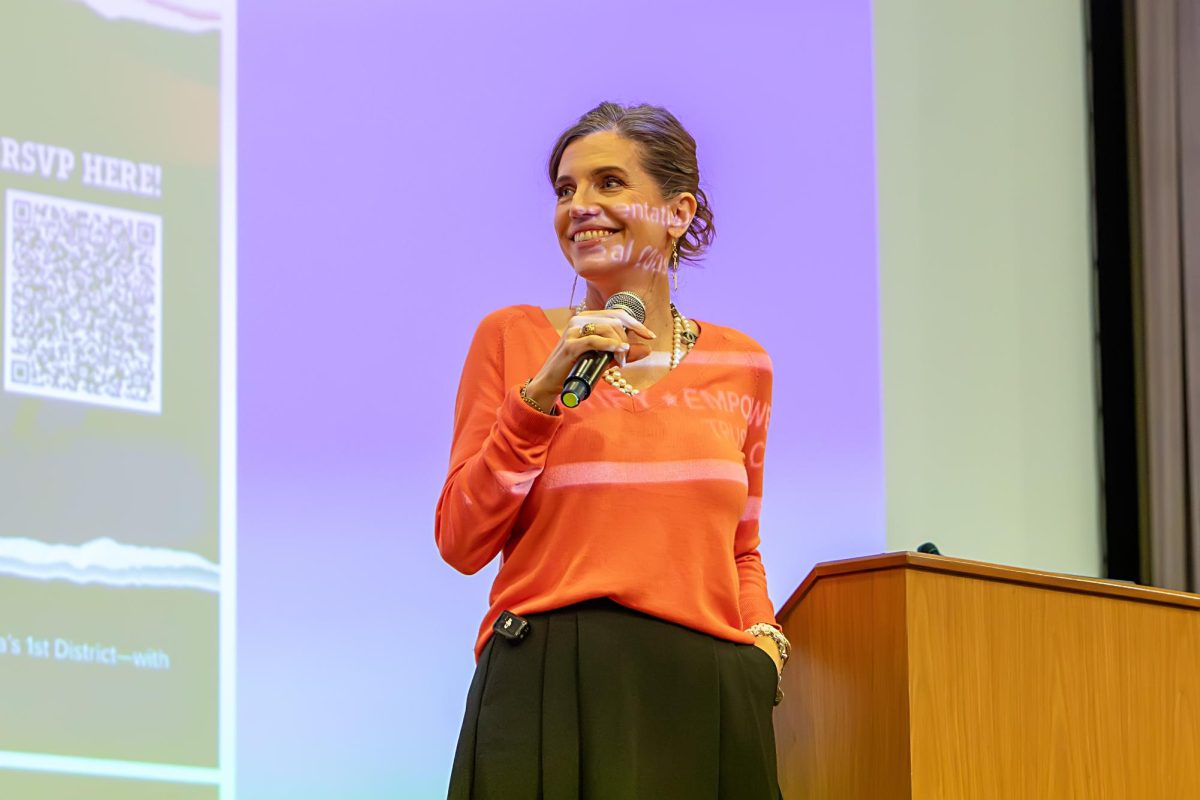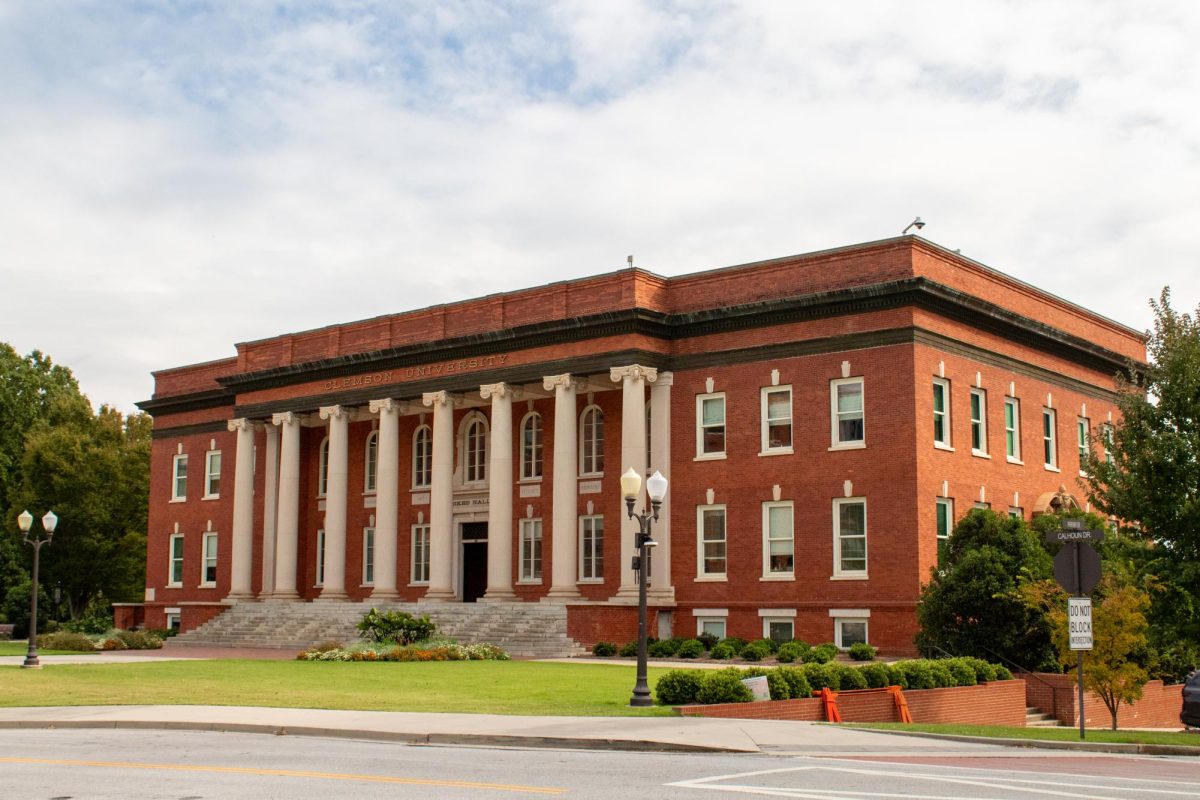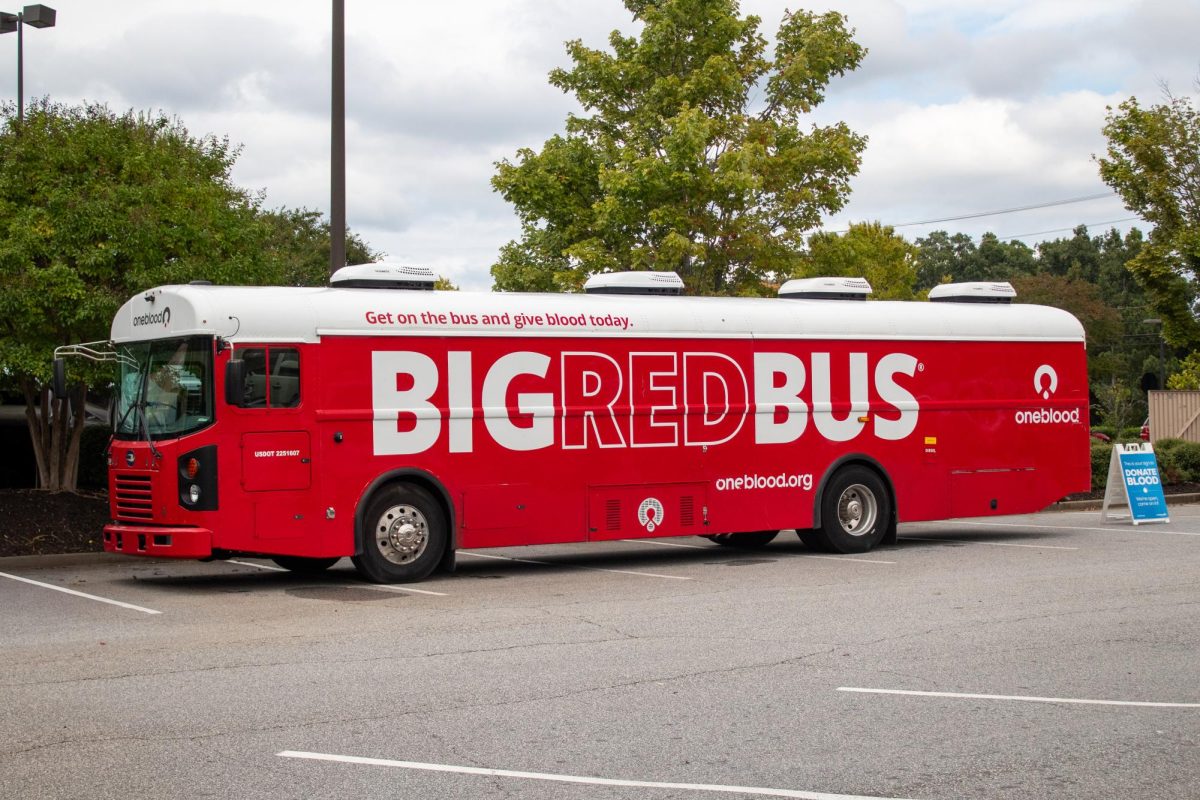Wednesday, a handful of students and administrators gathered in a classroom to decide if they actually considered one another “family.” The meeting, hosted by the Clemson Undergraduate Student Government (CUSG), gathered the Clemson community’s opinions on whether the concept of the “Clemson family” was true. This discussion is one of a series of events attempting to make Clemson, in CUSG’s own words, “the most inclusive place it can be.”
Attending administrators included Chief Diversity Officer Dr. Lee Gill, Dean of Students Dr. Chris Miller and Executive Director of Multicultural Center Dr. Altheia Richardson. Dr. Rhondda Thomas, a professor whose research concerns the history of African Americans on the Clemson campus, also attended the discussion.
Junior Political Science Major Cole Halverson and CUSG President Joey Wilson facilitated the event.
“This is a big step in showing some unity on campus with everything going on—from the divisive national election we just went through, to a lot of the things we’re seeing on the campus level,” Halverson said in his opening statement. “We’re having to deal with all this tenseness — so we just to want to give the students a voice, and try to change … this campus.”
Halverson then reminded those in attendance to be respectful of each other’s opinions.
The first student to speak, CUSG Senate President Pro Tempore Samuel Reinert said he believed that there was such a thing as a Clemson family. Reinert said he grew up in Anderson.
“I think when it comes to the Clemson family, I’ve always felt that way,” said Reinhart, “but it’s important to realize that people may not always feel that way.”
CUSG senator Alexander Cullen said he was one of these people.
“I grew up in Atlanta … I hadn’t even heard the words Clemson family until I came here … so the idea was really strange to me,” said Cullen. “What really made me reluctant to accept it is that … I couldn’t just walk past someone and just because they are a Clemson student doesn’t mean I share a connection with them.”
Several students said they believed the path to inclusiveness doesn’t lie in diversity classes or forums, but in the individual.
CUSG Student Body Attorney General Damian Williams asked students to challenge themselves personally when it came to understanding their neighbor.
“Seek first understanding and then try to be understood,” Williams said. “The definition of the Clemson family is so broad … there isn’t just one distinct definition. It’s subjective. I have my own. My friends are my Clemson family. We have to start having conversations to understand each other’s feeling. If someone is feeling pain, try to understand why.
Williams also emphasized the importance of students putting themselves outside their comfort zones.
“I’m an education major. And there have been many times when I have to explain how I feel — I mean, I’m an African American in a class of 44 elementary majors. There have been many times I was uncomfortable. But I challenged myself to sit by someone who didn’t look like me, so I can talk to them, so we could have that dialogue,” said Williams.
“When you’re uncomfortable, you grow.”
Clemson Ph.D. candidate and Sikes Sit-in coordinator A.D Carson said he would like to hear what the administration was planning to make Clemson more inclusive.
When no one spoke, Carson said, “Or not.”
Dr. Thomas then jumped in.
“I can’t speak for administration,” said Thomas, “I’m a professor. For the last couple years, the only classes I teach concern African American Literature … so if there are students who want to learn, I’m [the] opportunity for them to.”
Thomas also mentioned a diversity course she coordinated with another professor, and her efforts to recovering African American history on the Clemson grounds.
“There are ways that, individually, we can [make a change]. Not everyone has to teach African American history and literature, but that’s my specialty,” said Thomas.
“That’s my contribution [to inclusiveness].”
Dr. Richardson also added into the discussion that students should focus on changing their attitudes first.
“You have to want to learn … you have to try to want to learn. For me the Clemson family is a very elusive term right now. We might not be able to get to that point in my lifetime. But what it boils down to for me is simply treating people with basic human dignity and respect, and in order for you do that you have to care,” said Richardson.
“You have to that people have different experiences than you do.”
President Wilson concluded discussion with a thought of his own.
“I want to refer back to A.D’s question about whose responsibility it is to change our campus climate,” said Wilson, “It’s all of us. We wouldn’t be here … this room would be empty … if no one thought there was an issue.”
Wilson then presented the handful of faculty and students with a challenge.
“Reach out to people on campus that you may not identify with … I promise,” said Wilson, “there’s plenty to talk about.”



